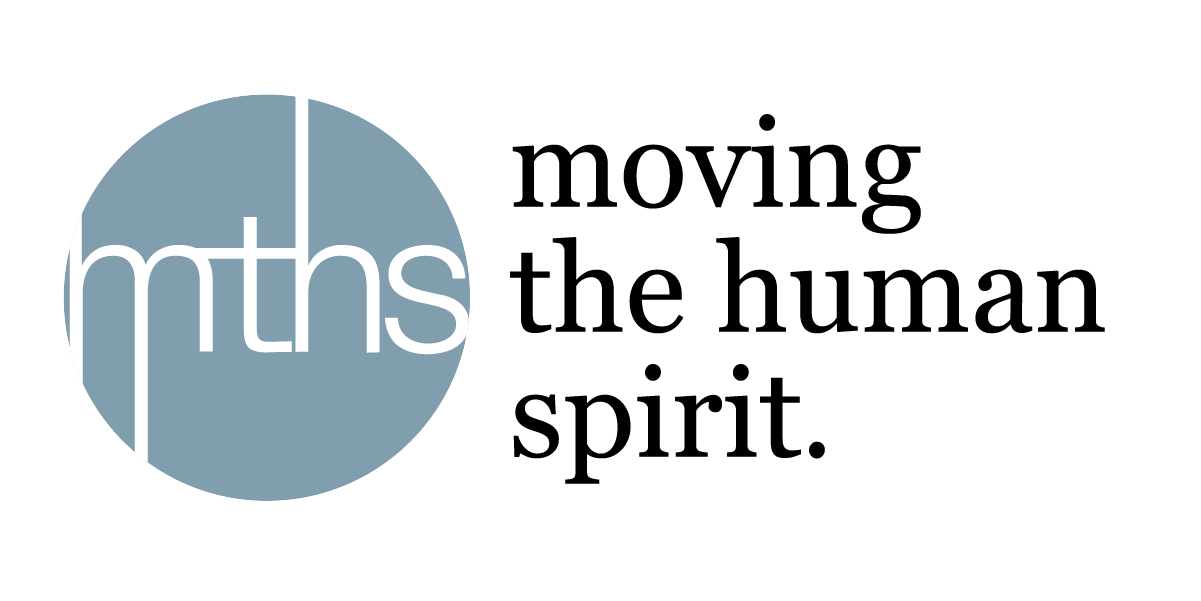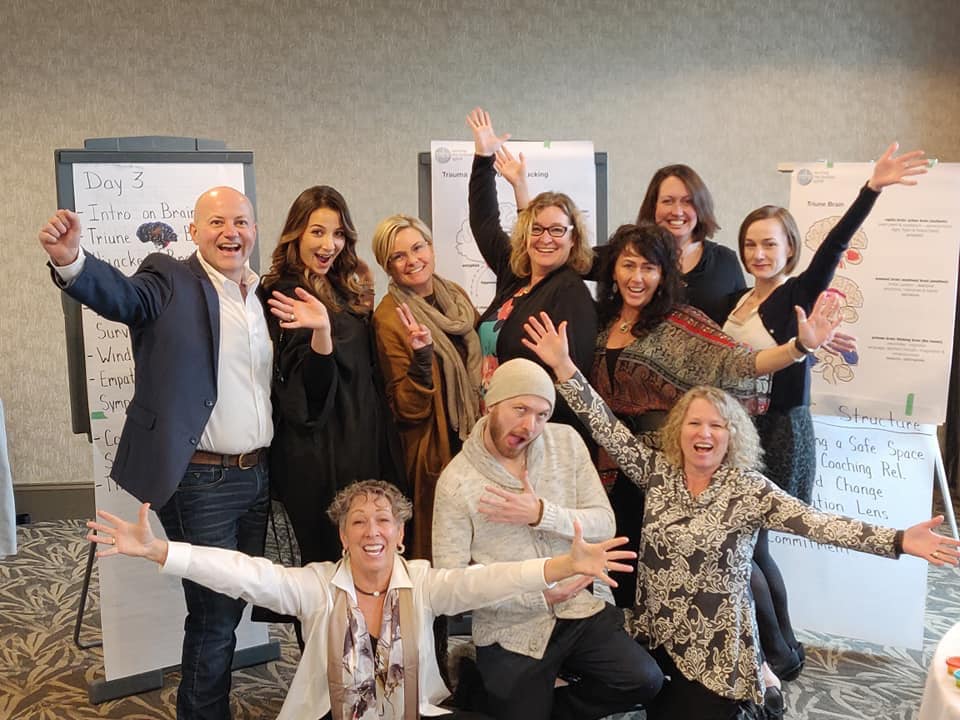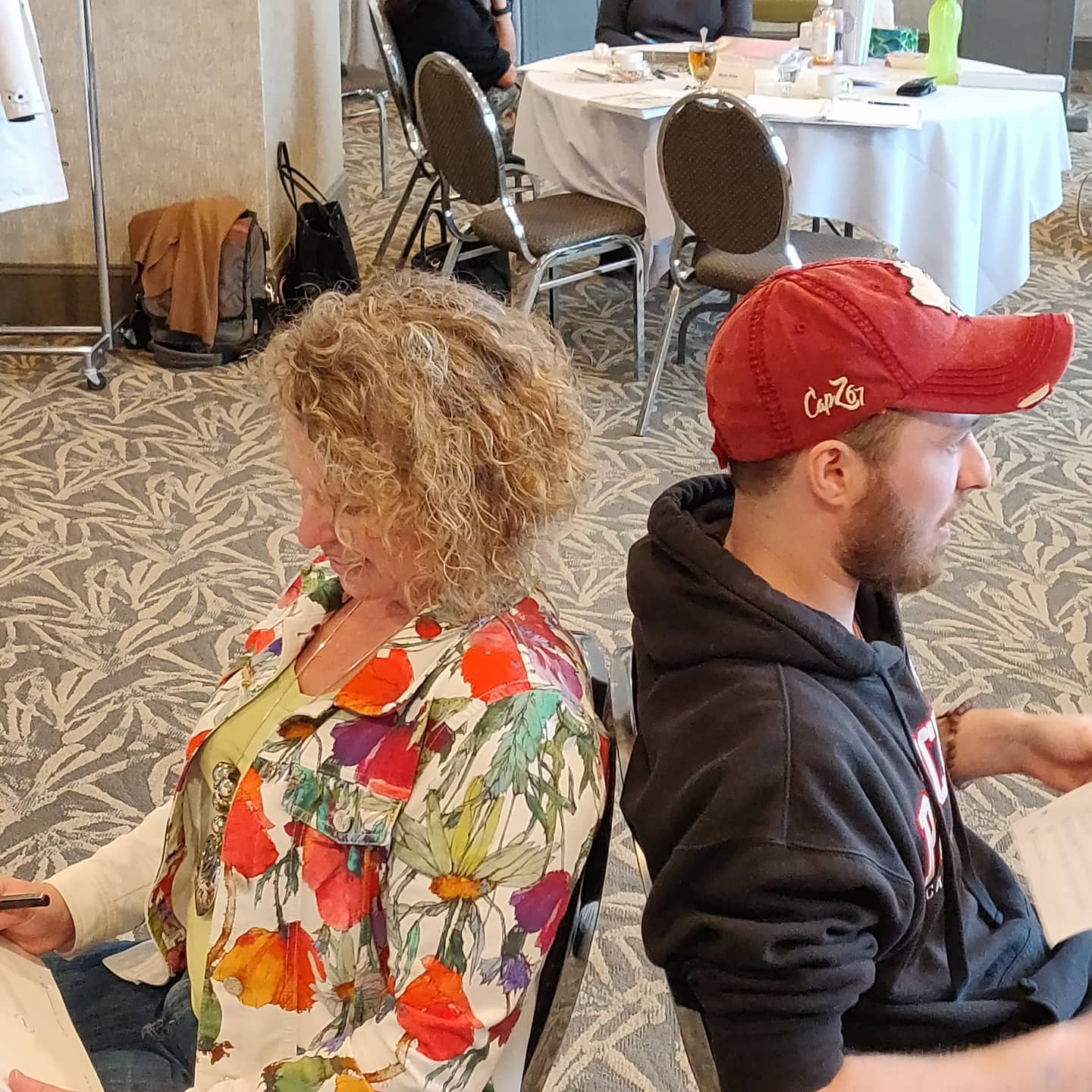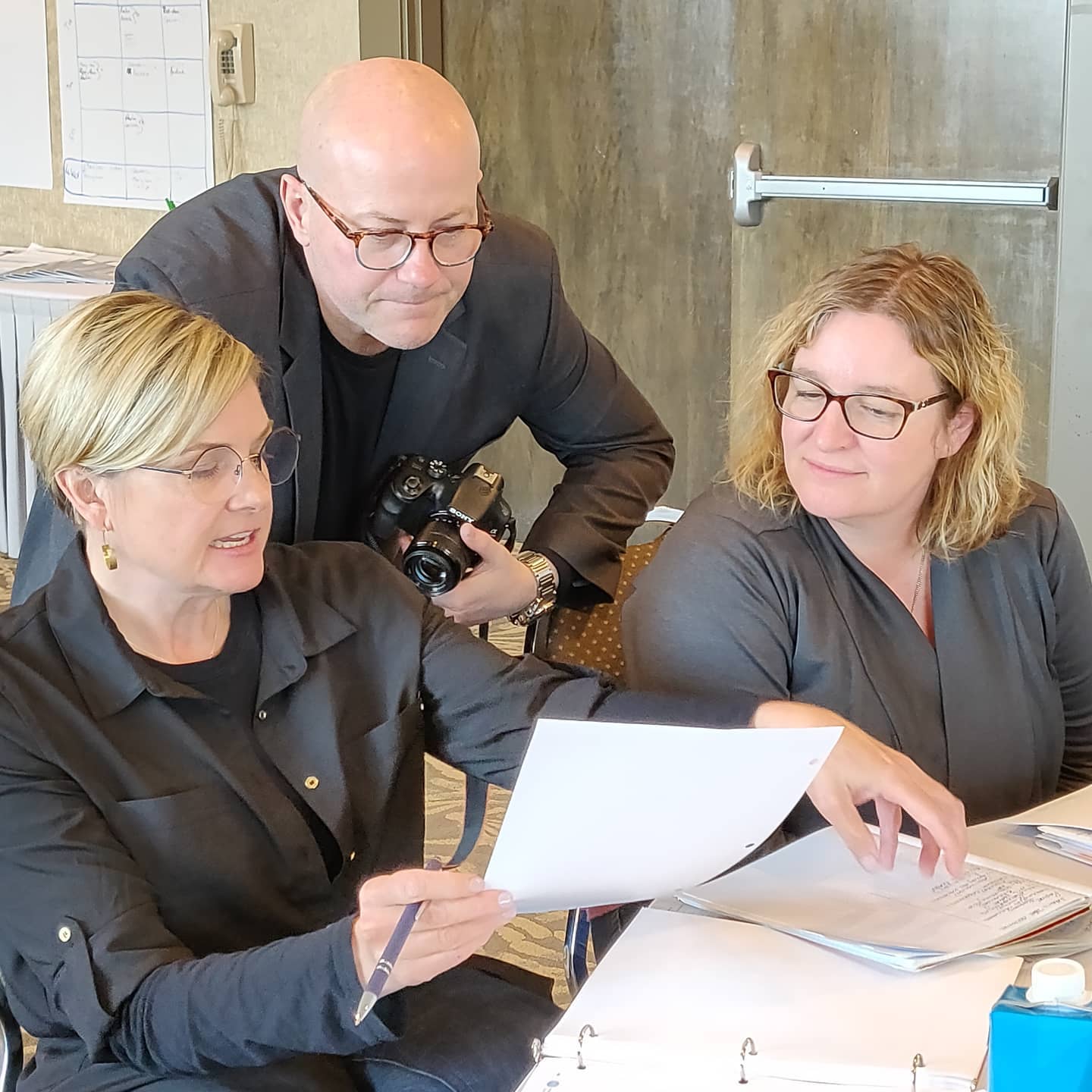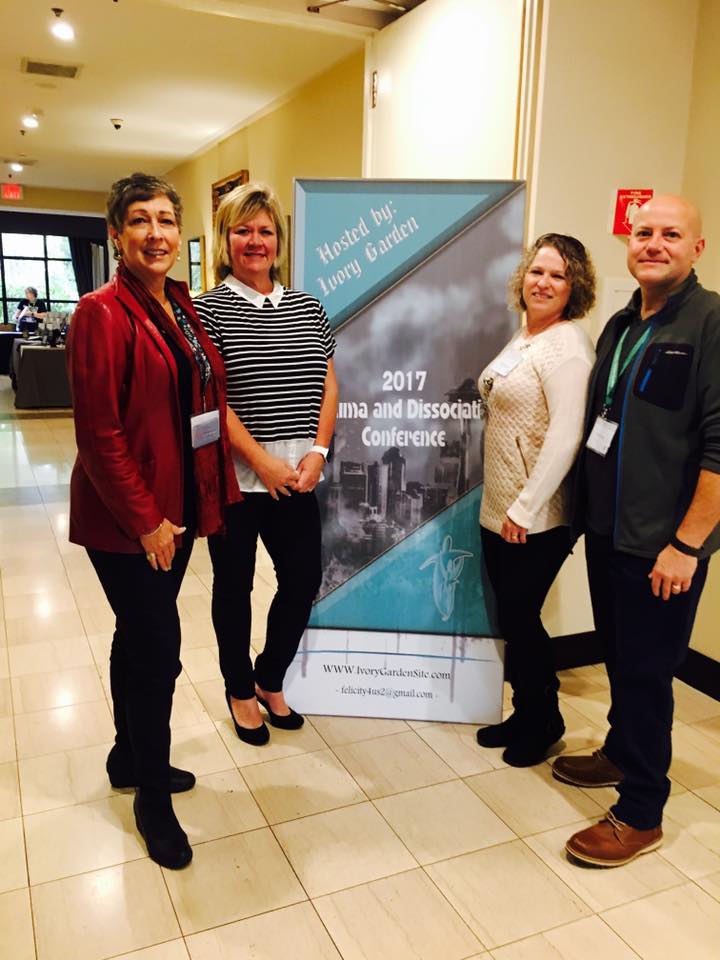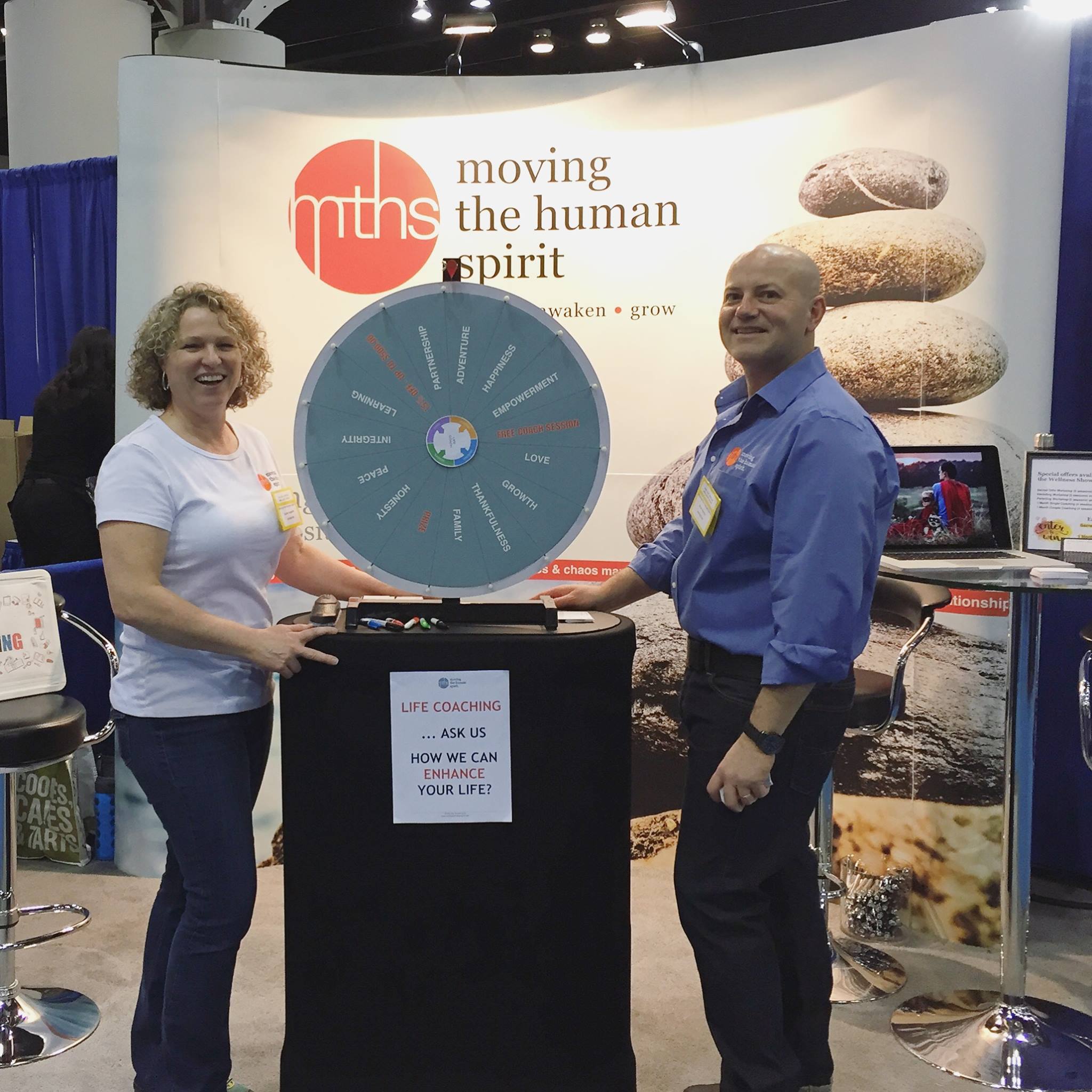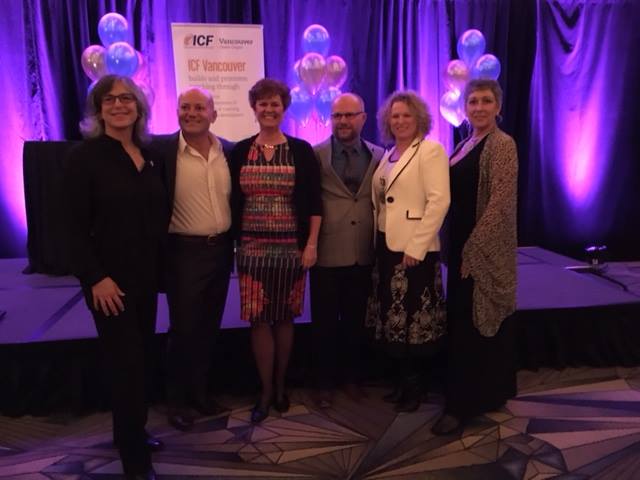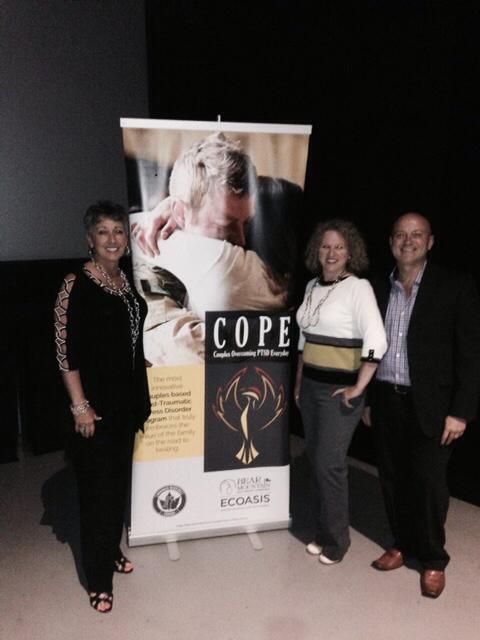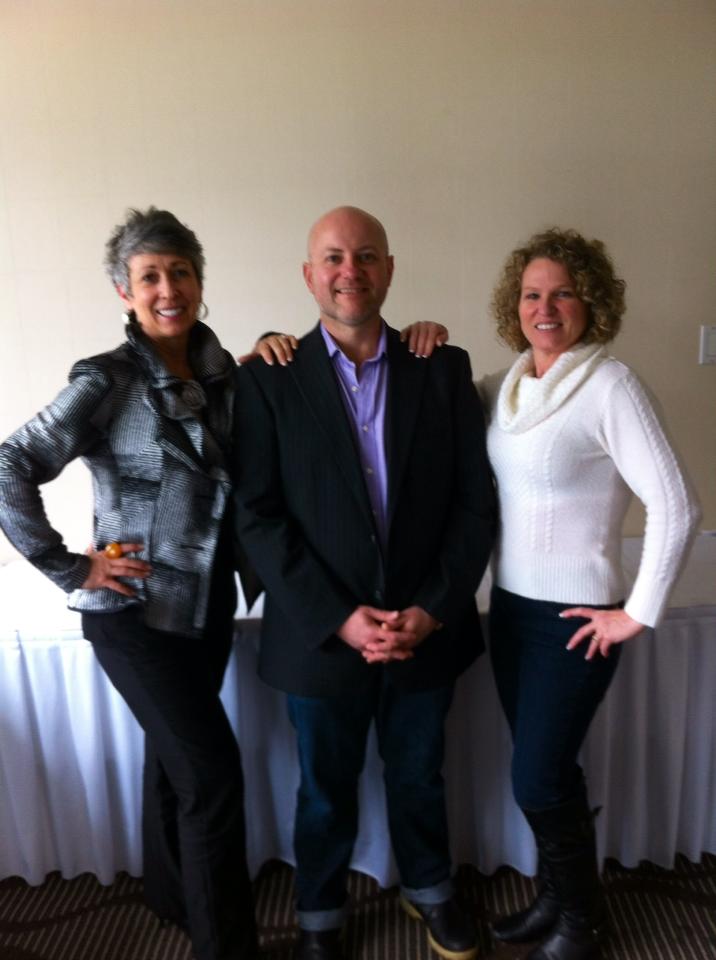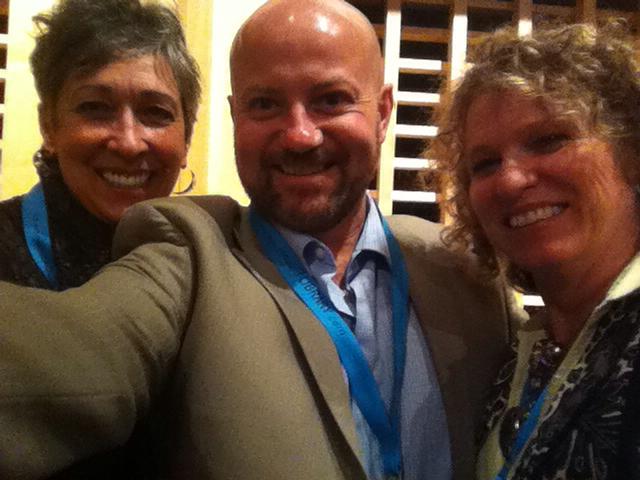Our Story
Brad and Susan’s friendship began as students. They met while attending coach training at Erickson College International in Vancouver, Canada. Their mutual interest in human psychology, communication, and the impact trauma had on their clients became the basis for several conversations and the eventual initiator of Moving the Human Spirit, the company they co-founded.
Susan worked with gifted children and parents who presented challenges within the family system arising from past experiences. It became apparent that many of her clients’ difficulties stemmed from imprints that suspended them in a place of immobility. Susan’s integrative approach made the healing process manageable while paying particular attention to the presented information and how that affects the whole system.
Brad worked with organizations in stress, anxiety, and chaos management and their impact on environments. With intuition and personability, he used realistic strategies and methodologies with clients, which garnered excellent results. While the discovery that the past could remain the past and narratives could be altered held the key to changing unwanted behaviors that freed his clients from internal struggles.
This contributed to Susan and Brad’s desire to learn more about the impact of trauma and look at ways to help people manage, adapt, and thrive. In reviewing stories of client encounters from the coaching perspective, a pattern presented itself. The shared interest and similarity in Brad and Susan’s work became unmistakable. The trauma connection seemed to be in every story shared on one level or another. All were as unique and personal as the people they coached. In their collective desire to create balance and healthier lifestyles for clients, they felt that coaching held questions that could manifest and contribute to clients’ agency within their lives after the trauma.
Susan and Brad began a collaboration detailing best coach practices to help work with trauma and its effect on the population they served. They focused on the need for trauma-informed coaching to help bridge the gap created by an overwhelmed medical system and the maladaptive behaviors in coaching sessions. They pursued work at building alliances with clinical practices while holding true to the nonclinical aspect of coaching and its ethical training. “We don’t want to diagnose, treat, or heal our clients,” “that is not our [coach] work.” “Our clients have the answers they need inside them, and we simply ask the questions to draw it [answer] out.” That is where Trauma-Informed Coaching comes in. With clients at the heart of their work, their mission and values unfolded.
United by one mission; to move the human spirit, one person, one family, and one community at a time through powerful conversation.
We move forward inspired and filled with the vision of possibility.
